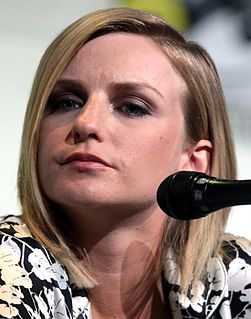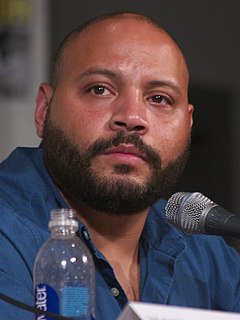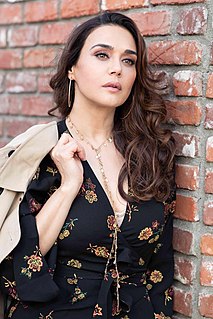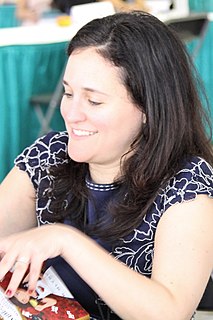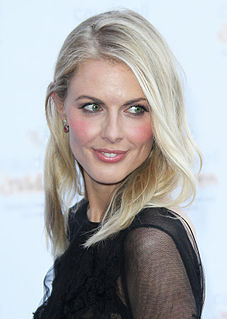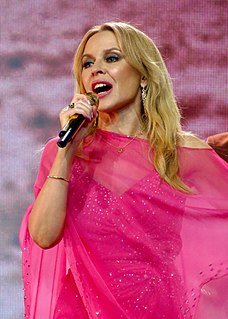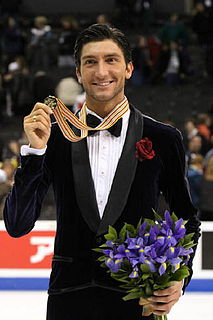A Quote by Faye Marsay
Even though I have Twitter, I only use it to say, 'Oh, this is coming out.' I would never voice anything about me, really.
Related Quotes
That's the one thing that I love about Twitter. There's no rule that says it's a discussion. So I love when I tweet something and somebody wants to have a conversation with me. I'm like, "Oh no, I don't use Twitter for conversations. I just say what I want to say so you can ask me a question but I'm not answering it."
I just got on Twitter because there was some MTV film blog that quoted me on something really innocuous that I supposedly said on Twitter before I was even on Twitter. So then I had to get on Twitter to say: 'This is me. I'm on Twitter. If there's somebody else saying that they're me on Twitter, they're not.'
Never use a metaphor, simile, or other figure of speech which you are used to seeing in print. Never use a long word where a short one will do. If it is possible to cut a word out always cut it out. Never use the passive voice where you can use the active. Never use a foreign phrase a scientific word or a jargon word if you can think of an everyday English equivalent. Break any of these rules sooner than say anything outright barbarous.
Looking at the data and at my drug use and evaluating it carefully just let me see that I wasn't special, but my drug use challenged what I thought about cocaine. Because I would accept when I would say, "What happened to that person?" and someone would say, "They started using cocaine...they went downhill..." I would just accept that, even though I had a different experience and all these other people had a different experience. But I would throw that out because I thought my experience was an aberration.
I have to say, though, that somebody pointed out to me on YouTube that Conan O'Brien was being interviewed, and he was talking about how, oddly enough, he went to see that movie [South Park: Bigger, Longer & Uncut ] in Hawaii with his girlfriend or wife or whoever, and he didn't even realize his character was in it. But there he was, and he said, "This voice comes out of me, and I'm thinking, 'That's not me! Who is that? That doesn't even sound like me!'
We're always being told 'find your voice.' When I was younger, I never really knew what this meant. I used to worry a lot about voice, wondering if I had my own. But now I realize that the only way to find your voice is to use it. It's hardwired, built into you. Talk about the things you love. Your voice will follow.
Being critical of art is a way of showing art respect. No sports writer would say, "Well the Yankees had a great season this year." No food critic would get a bad meal and say, "Oh, it was so lovely." It always strikes me as odd when people say, "Why do you write negatively about any art?" I think that everybody has mixed feelings about everything - even Goya. I mean, I look at Rembrandt sometimes and I hear a voice in my head go, "It's pretty brown."
I have to admit, at first, it was really overwhelming and I would get stressed about putting things together. Now, it's like trying to figure out a puzzle piece, and I love that...There are so many things that I don't even know and would love to discover more about. I was so upset I had to leave [Europe] before Paris Fashion Week, but then I was like..."Oh wait, my album is coming out."
I think that a huge positive that's come out of me having successful competitions as an athlete has been that, through the years it's become less and less about personal victory and more about strengthening a platform for me to have a voice in the world and I could really talk about anything I wanted to and I've chosen to make my voice be heard and be recognized for some of the charities that I really care about and work very closely with.
